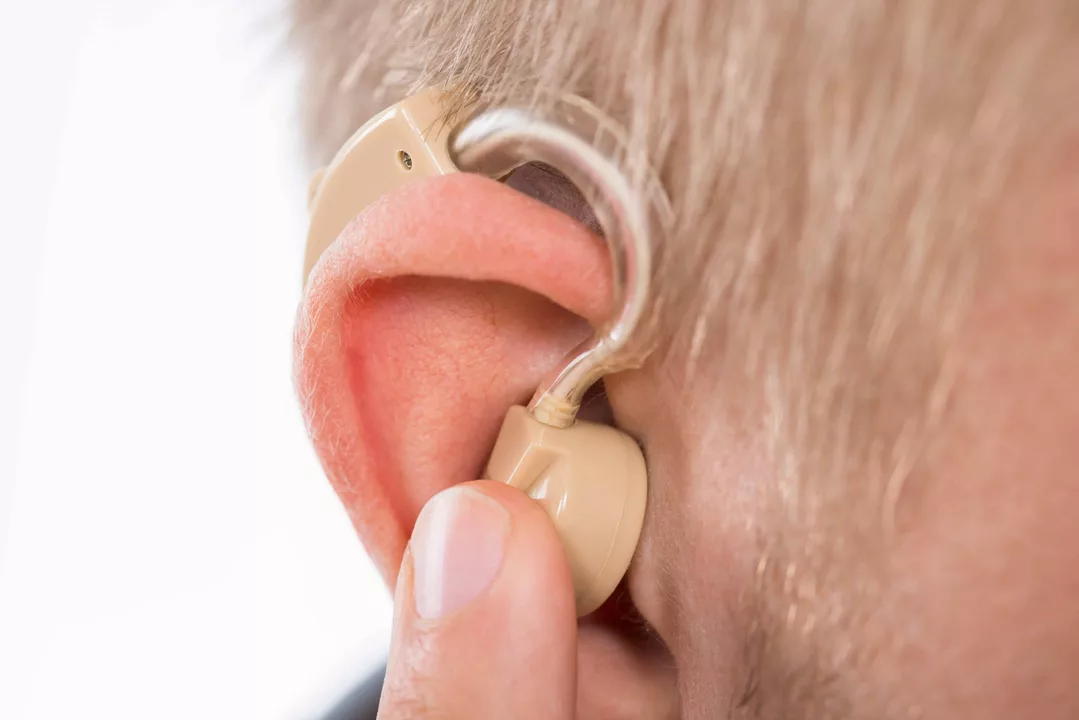Side Effects – What They Are and How to Deal With Them
If you’ve ever taken a pill and felt weird afterward, you’ve experienced a side effect. It’s the body’s reaction to a drug that isn’t part of the intended benefit. Some side effects are mild, like a dry mouth or lightheadedness, while others can be serious enough to need medical attention. Knowing what to expect helps you stay in control and avoid unnecessary trips to the ER.
Why side effects matter
Every medication comes with a label that lists possible side effects. Those warnings aren’t there to scare you; they’re there to protect you. By reading them, you can spot early signs before something gets out of hand. For example, if a blood‑pressure drug says “persistent cough,” noticing the symptom early lets you talk to your doctor and possibly switch to another option.
Side effects also give clues about how a drug works in your body. A common side effect like nausea often means the medication is affecting your stomach lining or hormones. Understanding that connection can guide you to take the pill with food, at bedtime, or with a glass of water to reduce discomfort.
Practical steps to manage side effects
1. Keep a symptom diary. Write down what you take, when you take it, and any reactions you notice. A simple table in your phone can reveal patterns that are hard to remember later.
2. Talk to your pharmacist. Pharmacists know the typical side‑effect profile for most drugs and can suggest over‑the‑counter fixes—like an antacid for stomach upset or a moisturizer for dry skin.
3. Adjust timing and food. Some meds cause dizziness if taken on an empty stomach, while others are better absorbed with meals. Check the label or ask your prescriber about optimal timing.
4. Never stop a prescription abruptly. Even if side effects seem unbearable, stopping cold turkey can be dangerous. Contact your doctor first; they may lower the dose or switch you to a gentler alternative.
5. Use the “start low, go slow” rule. When starting a new drug, begin with the lowest effective dose and increase gradually if needed. This approach often reduces the intensity of side effects.
Lastly, trust your instincts. If you feel something isn’t right—especially symptoms like swelling, trouble breathing, or severe rash—seek medical help immediately. Those are red‑flag reactions that require urgent attention.
Side effects are a normal part of medication use, but they don’t have to be a nightmare. By staying informed, tracking what happens, and keeping open communication with your health team, you can enjoy the benefits of treatment while minimizing unwanted surprises.

Diflucan: The Ultimate Guide to Fluconazole, Uses, Side Effects, and Tips for Safe Use
Caspian Mortensen May, 26 2025 5Get the lowdown on Diflucan, the antifungal medicine that’s a game-changer for treating yeast and fungal infections. This read unpacks what Diflucan is, how it works, side effects, and tips to use it wisely. Learn about symptoms that signal it's time to see a doctor, details on drug resistance, and who shouldn’t be taking it. By the end, you’ll know exactly where Diflucan fits in the world of antifungal treatments.
More Detail
The Link between Ototoxic Medications and Hearing Loss
Caspian Mortensen Apr, 29 2023 15As a blogger, I recently came across a fascinating topic - the link between ototoxic medications and hearing loss. Ototoxic medications are drugs that can potentially damage our ears, leading to temporary or permanent hearing loss. I was surprised to learn that many commonly prescribed medications, such as certain antibiotics and pain relievers, can be ototoxic. It's essential for us to be aware of the potential side effects of these medications and discuss any concerns with our healthcare providers. By staying informed, we can make better choices for our health and protect our precious hearing.
More Detail